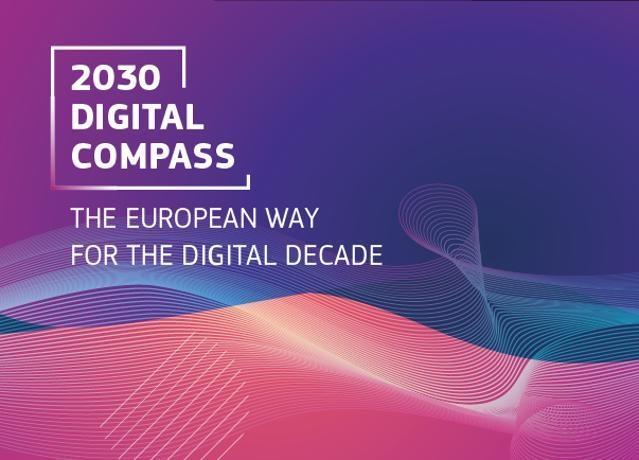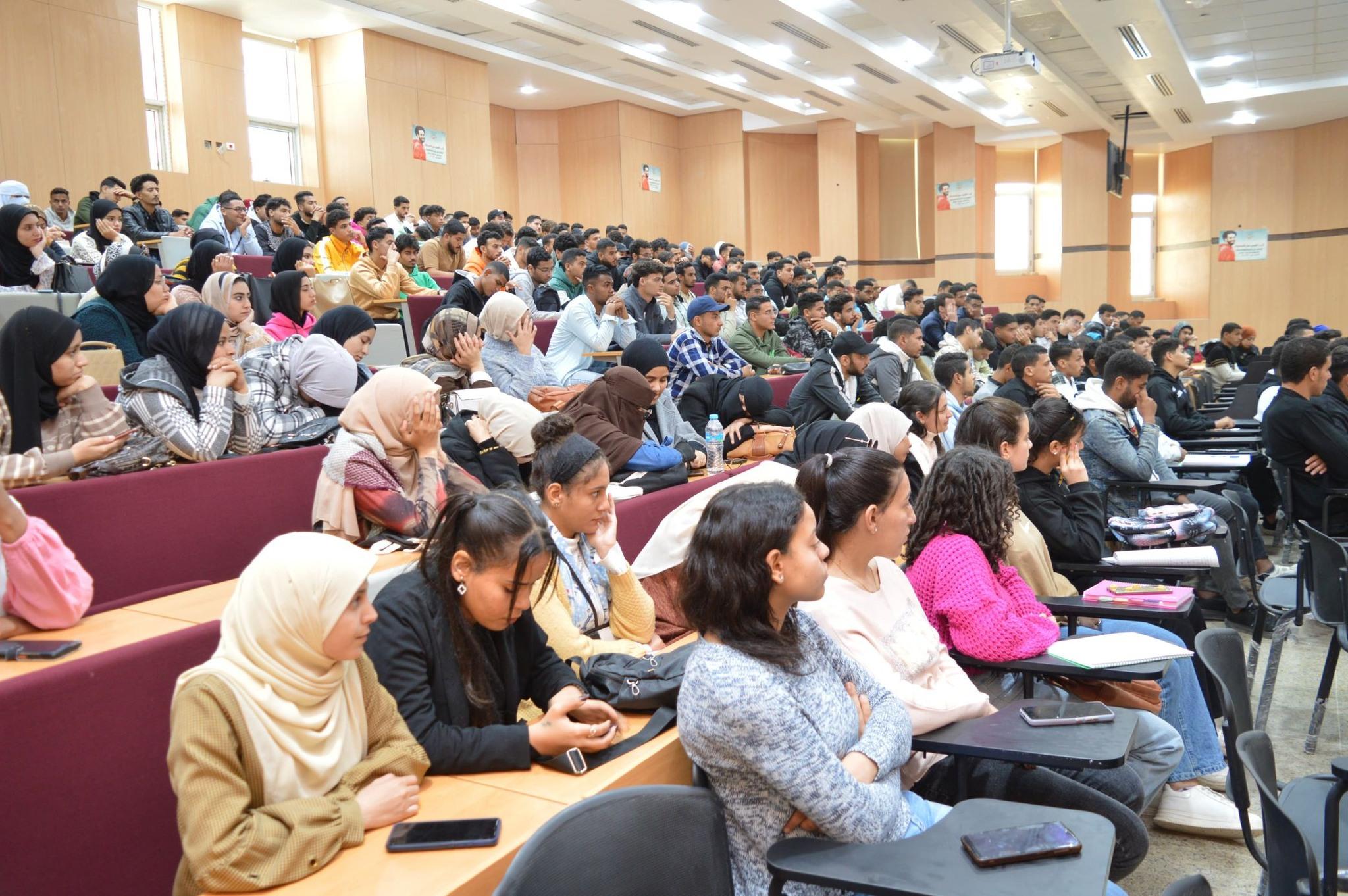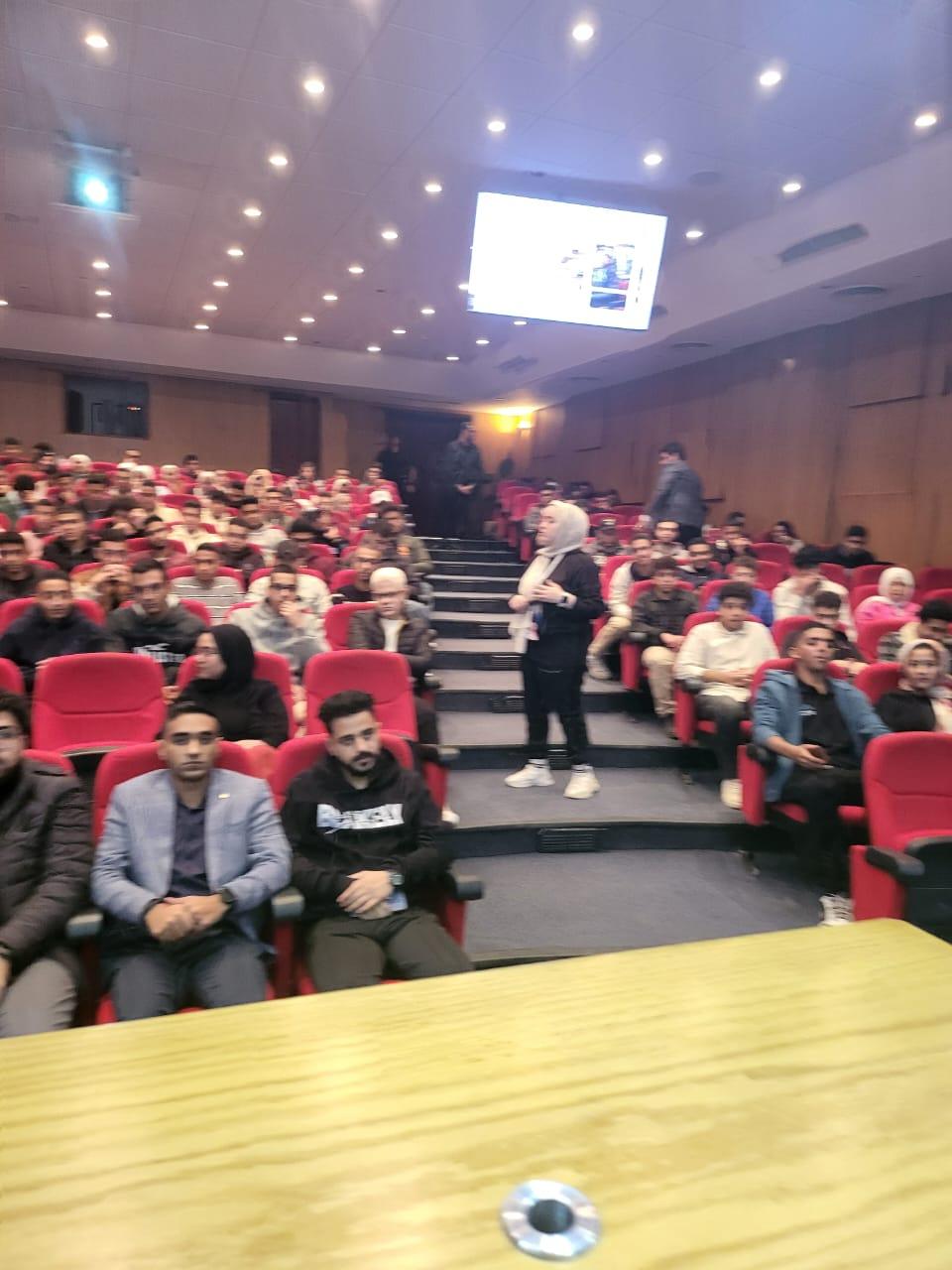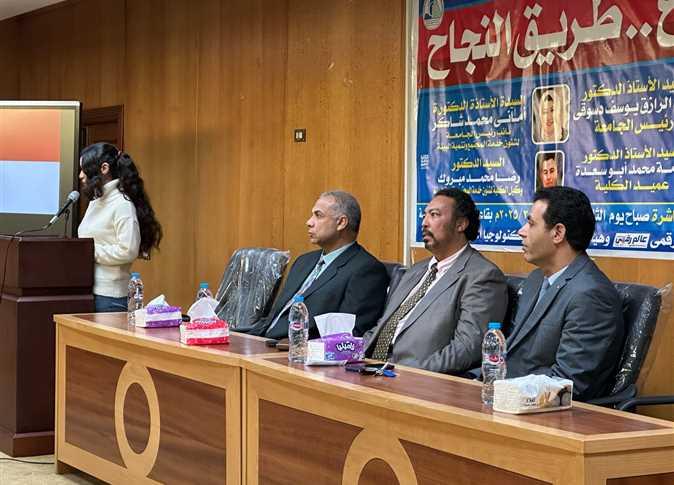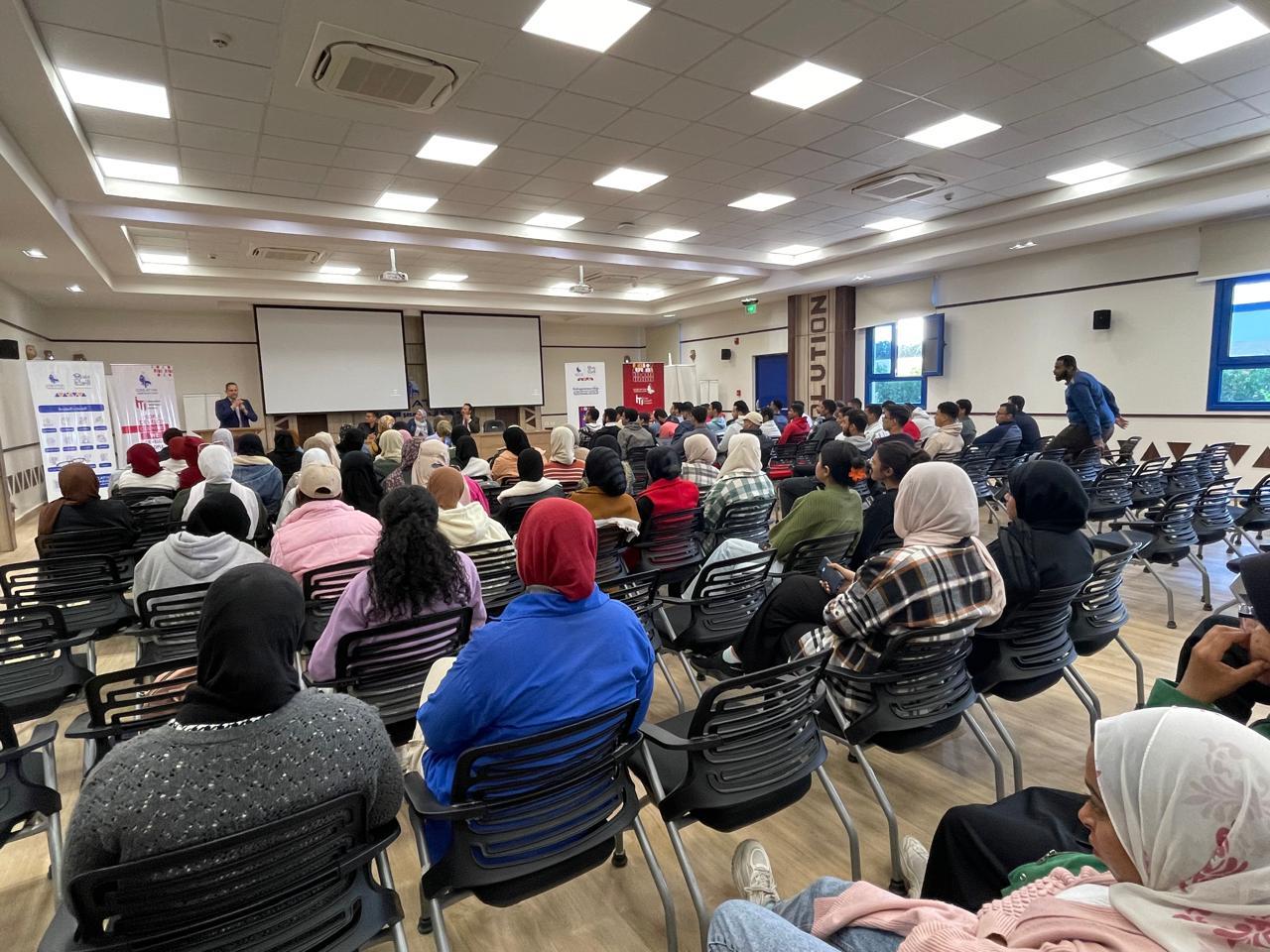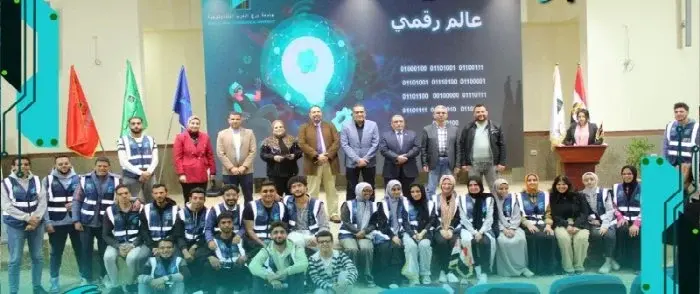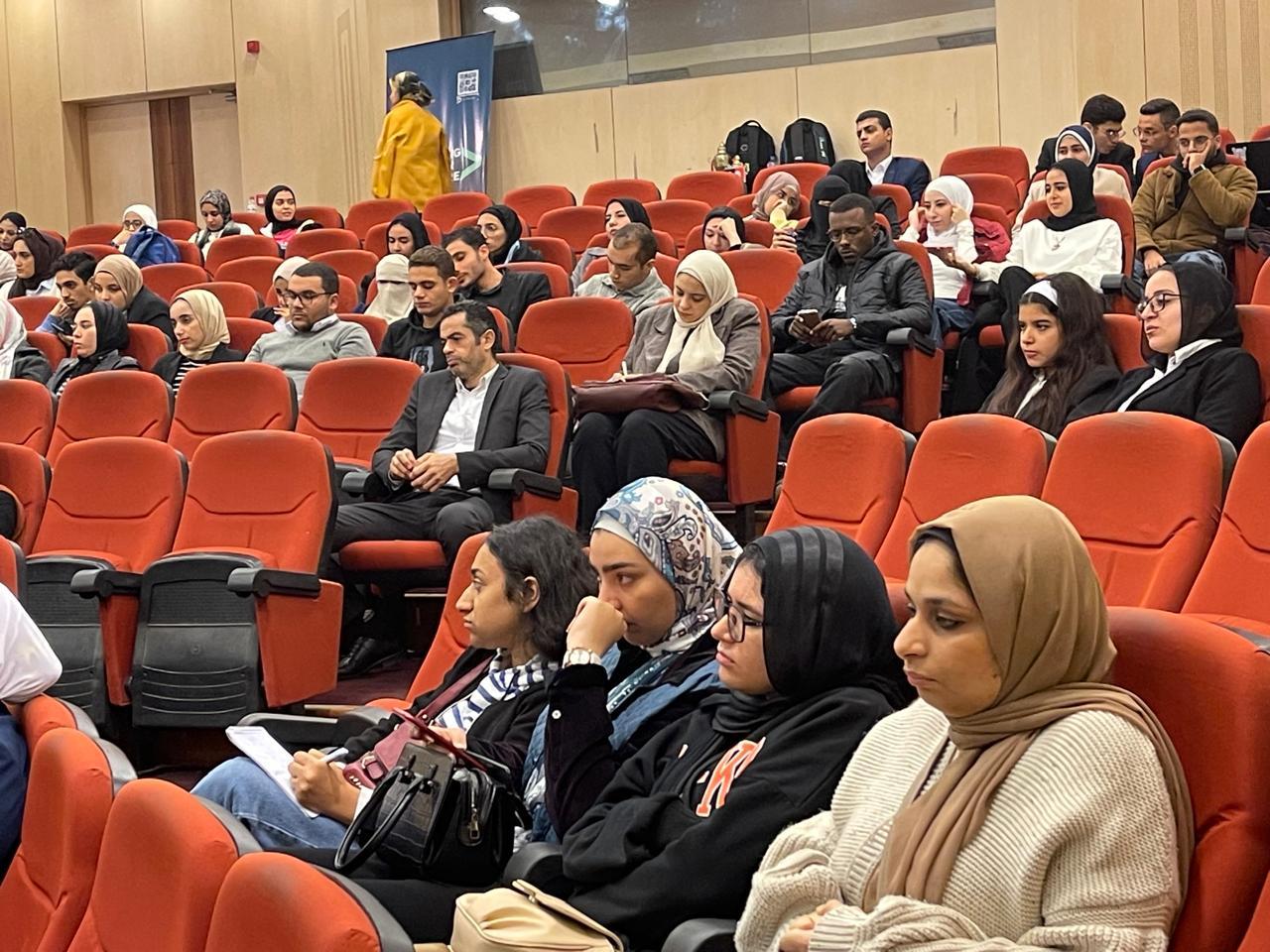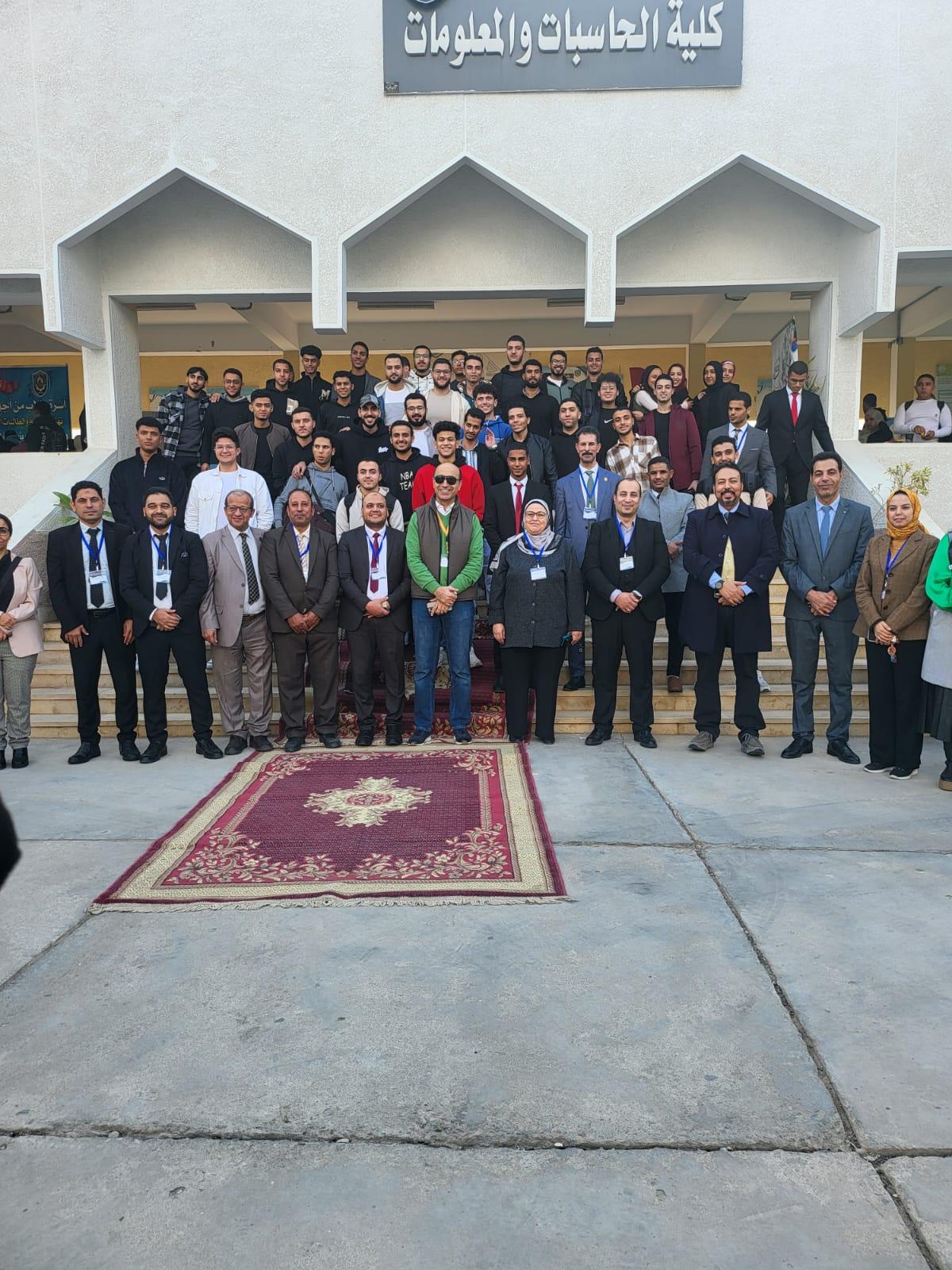By; Basel Khaled –Saber Mohamed
The European Commission has presented its vision and targets for a successful digital transformation of Europe by 2030, critical to achieve the transition towards a climate neutral, circular and resilient economy. The Communication, issued on 9 March, also highlights the importance of investing in improved connectivity with the EU's external partners
“The EU's ambition is to be digitally sovereign in an open and interconnected world, and to pursue digital policies that empower people and businesses to seize a human centred, sustainable and more prosperous digital future. This includes addressing vulnerabilities and dependencies as well as accelerating investment,” says the Communication.
The Commission proposes a Digital Compass to translate the EUʼs digital ambitions for 2030 into concrete terms. They evolve around four cardinal points: digitally skilled citizens and highly skilled digital professionals, secure, performant and sustainable digital infrastructures, digital transformation of businesses, and digitalisation of public services.
To better address gaps in the EU's critical capacities, the Commission will facilitate the rapid launch of multi-country projects within the EU and will work to promote its positive and human-centred digital agenda within international organisations and through strong international digital partnerships. Combining EU internal investments with the significant funding available under the new external cooperation instruments will allow the EU to work with partners around the world in achieving common global objectives. The Commission also stresses the importance of investing in improved connectivity with the EU's external partners, for example through the creation of a Digital Connectivity Fund.
The announcement comes as the situation for digital skills in the EU neighbouring countries is evolving, according to an overview published by the European Training Foundation (ETF). According to the survey, most EU neighbouring countries have now equipped schools with computers and internet access, with most Eastern partner countries enjoying almost 100% access. Although positive steps have been made, more needs to be done to ensure an equal digital society for women, the ETF says.
